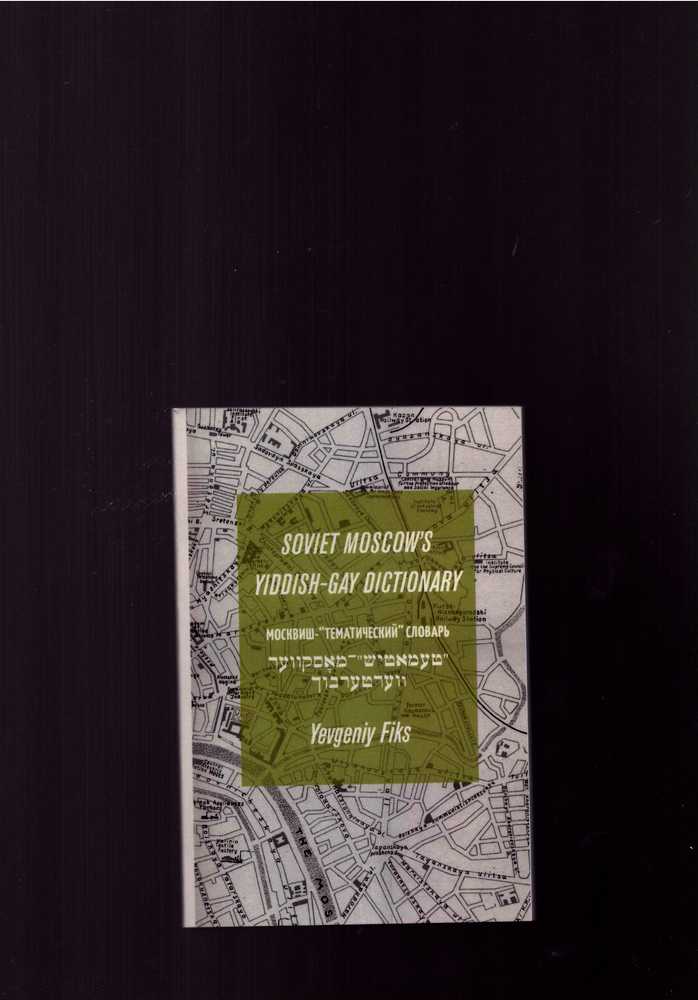FIKS, Yevgeniy
Soviet Moscow’s Yiddish-Gay Dicitionary
Published by Cicada Press, 2016
Urban Studies / Queer Culture / Cultural Studies
Price: 14€

FIKS, Yevgeniy
Soviet Moscow’s Yiddish-Gay Dicitionary
Published by Cicada Press, 2016
Urban Studies / Queer Culture / Cultural Studies
